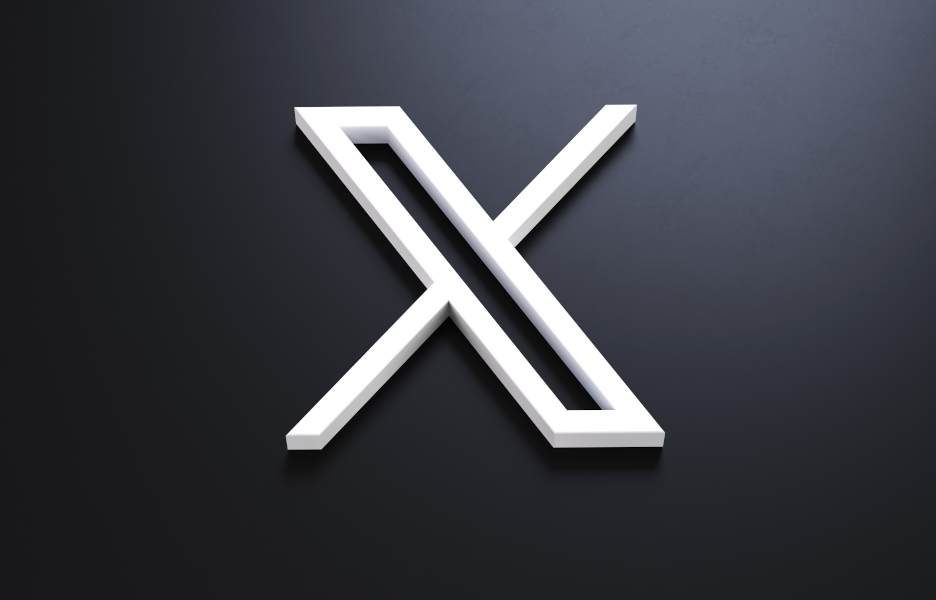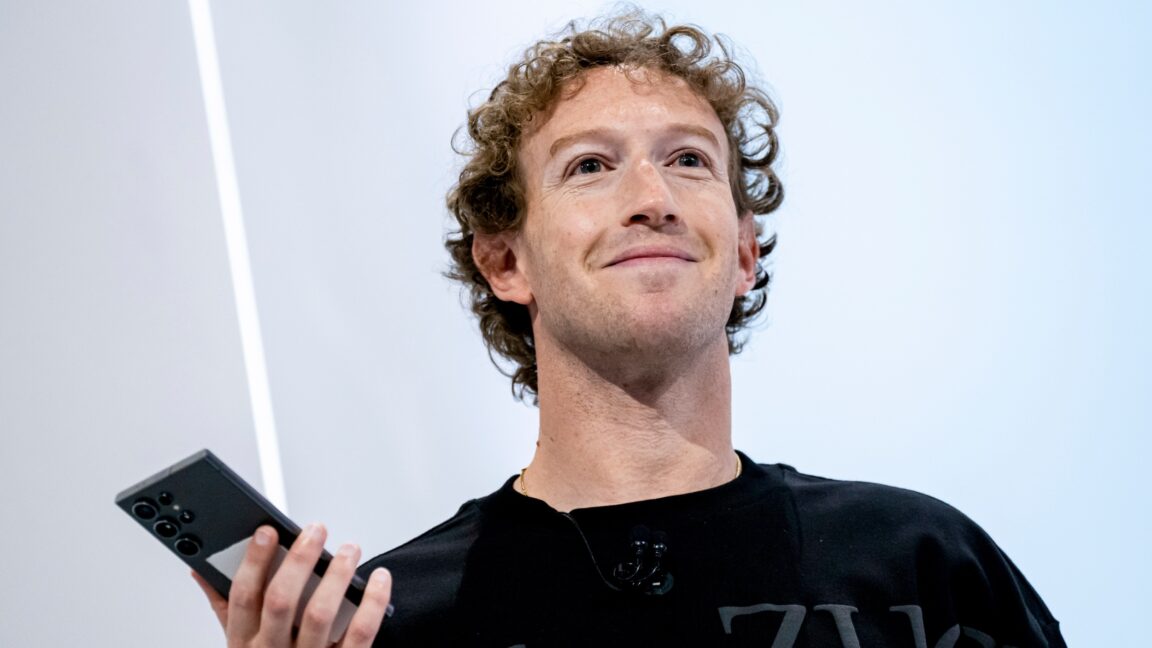Within days of joining Meta, Shengjia Zhao, a co-creator of OpenAI’s ChatGPT, signaled he might quit and return to OpenAI, even signing paperwork to leave for his former employer. Shortly after, he was named Meta’s new “chief AI scientist.”
The move is part of Meta CEO Mark Zuckerberg’s drive to reshape the company’s AI leadership in what is described as the largest senior-management reorganization in the group’s 20-year history. He has leaned on a mix of longtime lieutenants and a new wave of executives, including Zhao, Alexandr Wang, and Nat Friedman.
Other staff have also come and gone in this period. Ethan Knight, a machine-learning scientist who joined weeks earlier, left after a brief tenure, while Avi Verma, a former OpenAI researcher, went through onboarding but never showed up for his first day, according to people familiar with the matter.
Meta has reorganized its AI effort into four teams under the recently renamed Meta Superintelligence Lab (MSL), marking the fourth overhaul in six months as Zhao and his peers push to accelerate development of “personal superintelligence.”
Some observers describe a “big-men-on-campus” dynamic as incumbents jockey for power while newcomers push for faster progress. One investor close to Meta’s AI leadership said the shift reflects Zuckerberg’s hands-on, sometimes controversial, approach to steering the unit.
Longtime leaders like Yann LeCun remain in a senior role but now report into Wang, while Chief Product Officer Chris Cox continues to oversee key product areas but with altered scope as Wang reports directly to Zuckerberg. The reorganization underscores tensions between a founder-CEO’s legacy team and a rapidly expanding, externally sourced AI team.

















![[AS52888] ASN52888 (4 probes)](https://r2.isp.tools/images/asn/52888/logo/image_100px.png)
![[AS2716] Universidade Federal do Rio Grande do Sul](https://r2.isp.tools/images/asn/2716/logo/image_100px.png)
